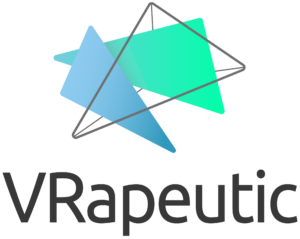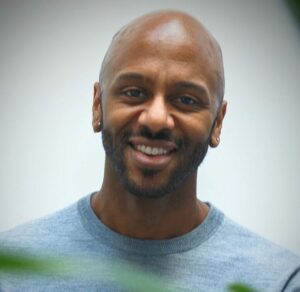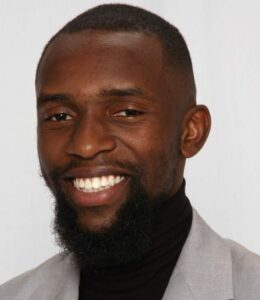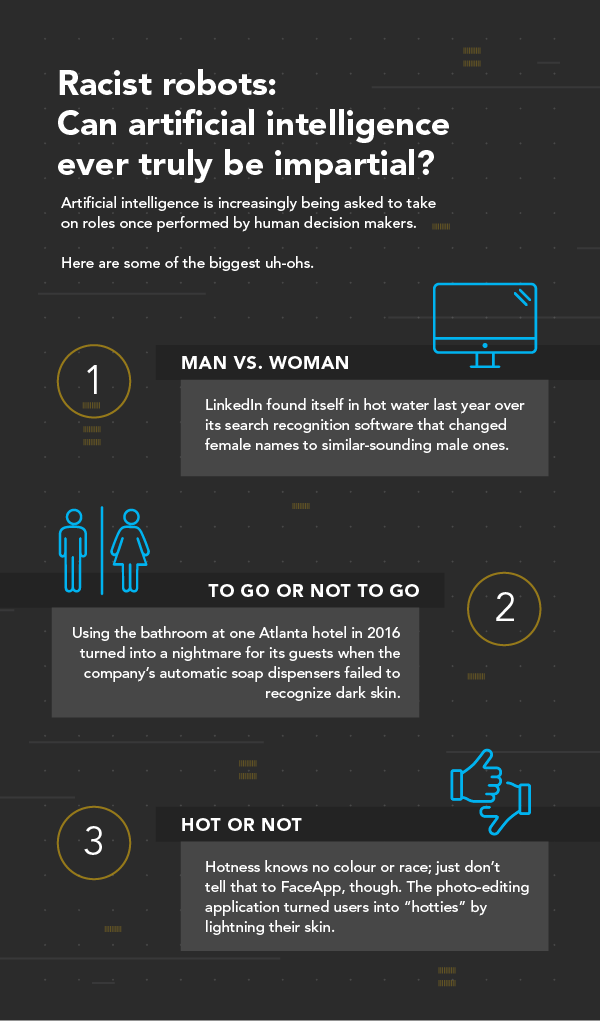If you’re an avid social user — or even an occasional scroller — you’ve likely heard of manifestation. What is believed to have started as a Hinduism practice has now turned into a worldwide phenomenon trickling into the world of business.
So, what is manifestation? Simply put, manifestation is the practice of turning thoughts into reality. It requires you to be intentional with your emotions, beliefs, habits, and of course, actions. But it’s not as easy as it sounds.
Whether you believe in manifestation or see yourself as more of a goal-setter, there’s no denying the power of positive intent followed by disciplined action. Dreaming is one thing, but the day-to-day grind of a startup can be dark and challenging.
If you’re ready to hustle, keep reading to discover your 2023 manifestation guide to founder success.
Let your mind wander
Ever catch yourself daydreaming about your startup becoming the next big thing? What about securing a million-dollar funding round or landing your next big client? Don’t stop! Exercising your brain to get excited about the future is key to manifesting. Take a few moments each day to sink into your daydreams and discover what truly fuels your passion.
“When you’re passionate about your dreams, it doesn’t feel like work. Organize your life around your passion, turn your passion into your story and use that story to leave a legacy.” — Ahmer Rafiq, CEO, Souqh
Be intentional with your goals
How can you map your aspirations? Goal-setting looks different for everyone — but whether you create a detailed Excel sheet, draw up a mind map, or jot down notes in your journal, being intentional is key. Set SMART goals (Specific, Measurable, Achievable, Relevant, and Time-Bound) to achieve your desired outcome, and don’t forget to stay disciplined.
Fail quickly, learn fast
As a founder, there’s no question you’re going to fail — we all do! While it may seem like the end of the world, failure truly is the secret ingredient to success. Think of failure as a tool that helps uncover next steps by telling us exactly what’s working and what’s not. After all, Yin doesn’t exist without Yang.
“With every failure, I’m one step closer to success.” — Kelly Emery, Founder & CEO, Troop
Stay positive
Turn “I wish” phrases to “let’s do it” and “what if I fail?” to “when I succeed.” Focusing on the negative is easy, especially as a founder who inevitably hits what feels like every bump in the road. When you catch yourself drifting to that place of negativity, shift your mindset to practice gratitude and confidence. There’s nothing more powerful than believing in yourself and your business.
“Success is not defined by the end result – within every initiative, you will find an opportunity to grow, to learn and to push yourself one step closer to your goals and your success.” — Ahmer Rafiq, CEO, Souqh
Put yourself in the driver’s seat
Be accountable and disciplined. Of course, the most essential practice in manifestation is action. Joining an incubator like the DMZ helps hold founders like you accountable to your goals and provides a playbook to put dreams into action. Take ownership. You got this.
“I meditate daily, allocate time for sales calls, and have regular touch points with advisors who hold me accountable.” — Kelly Emery, Founder & CEO, Troop
Can you really manifest your startup dreams? Try it.






















 While all of the startups are working with a social mission and purpose, the three companies are zeroing in on different societal issues. Reyts is a marketplace that allows individuals to swap currencies in a seamless and secure way. Welkom-U focuses on improving the experience of immigrants to Canada so they can become contributing members of society faster, and Be One to Give is a food redistribution app for businesses that eliminates avoidable food waste in daily operations.
While all of the startups are working with a social mission and purpose, the three companies are zeroing in on different societal issues. Reyts is a marketplace that allows individuals to swap currencies in a seamless and secure way. Welkom-U focuses on improving the experience of immigrants to Canada so they can become contributing members of society faster, and Be One to Give is a food redistribution app for businesses that eliminates avoidable food waste in daily operations.
 This week, we sat down with the Co-Founders of
This week, we sat down with the Co-Founders of 






